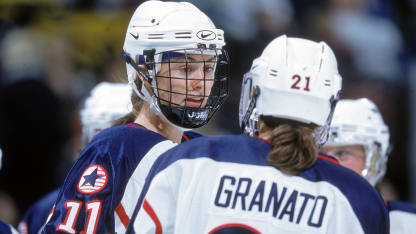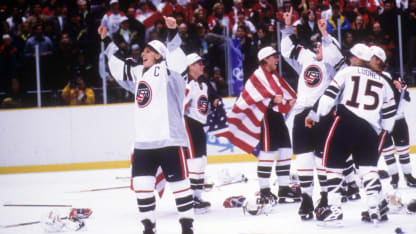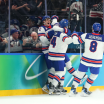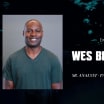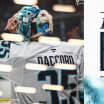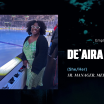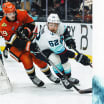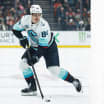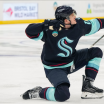When Granato reached the 16-and-under class of play, the body checks on the ice were hard and frequent, but what truly floored her was realizing, "oh my gosh, my dream of being an NHL player" (sharing that dream with her brothers) was not feasible. But the gloom didn't last long because, fortuitously women's hockey was becoming a staple of East Coast college sports programs, including Providence College, where she starred for four seasons from 1989 to 1993. Granato regularly drove to and from the Rhode Island school with childhood friend, Ricky Olczyk, who played on nearby Brown University men's hockey player. "Rickey O" is now her boss and NHL Seattle assistant GM.
Granato's on-ice skills, toughness and energy drew the interest of the USA women's national team. She played in eight world championships from 1990 to 2004. Beginning in 1997, she captained the USA squad for six seasons, including winning the historic gold medal at the 1998 Winter Olympics in Nagano, Japan, beating Team Canada, 3-1, in the final. Women's hockey debuted at those Games. Granato earlier in the tournament scored the USA's historic first-ever goal.
"I dreamed about winning," said Granato. "I always thought about celebrating like my brothers and I did in the basement, throwing our sticks and jumping on top of each other in honor of the men's team celebration when they won the gold in 1980 at Lake Placid [upsetting the heavily favored Russians] . We celebrated that at the Olympics, throwing sticks, jump on each other, then skated around with the American flag."
Granato said the team went back to the locker room for a toast, getting called back to the ice for the medal ceremony about 45 minutes after the final buzzer. That's when it sunk in for Granato, all those basement make-believe tournaments and weight-vest squats materializing that little-girl dream into a dreamier reality. When she reached the ice, Granato spotted the tray of "shining gold" realizing her team's Olympic medal were piled high.

